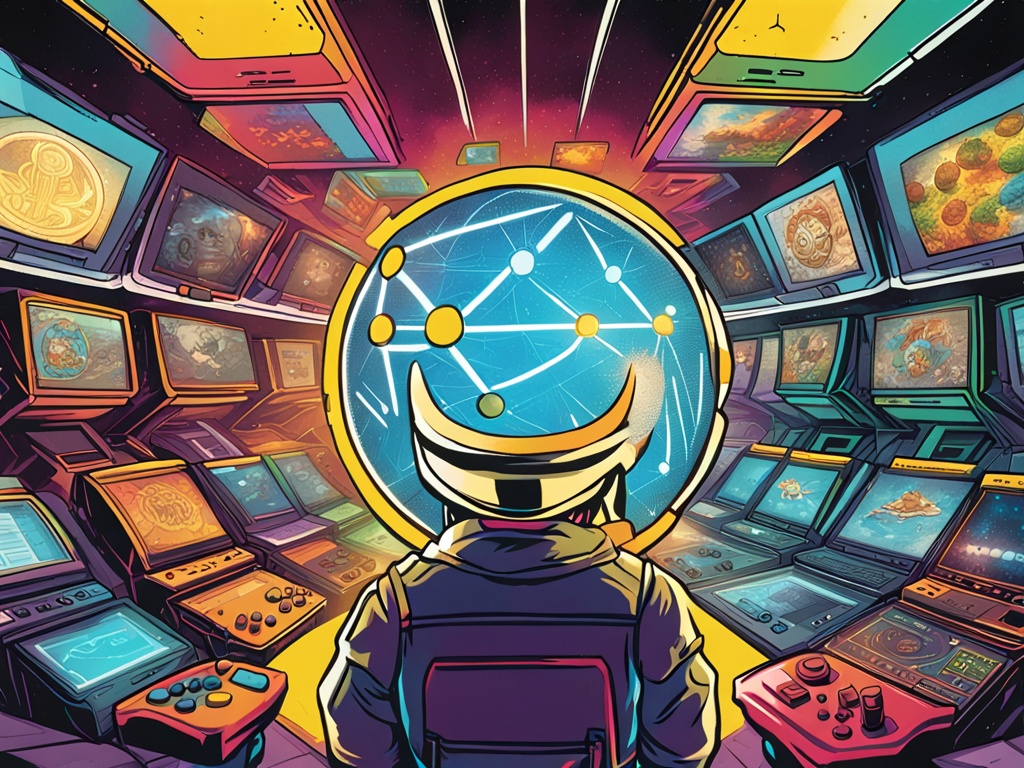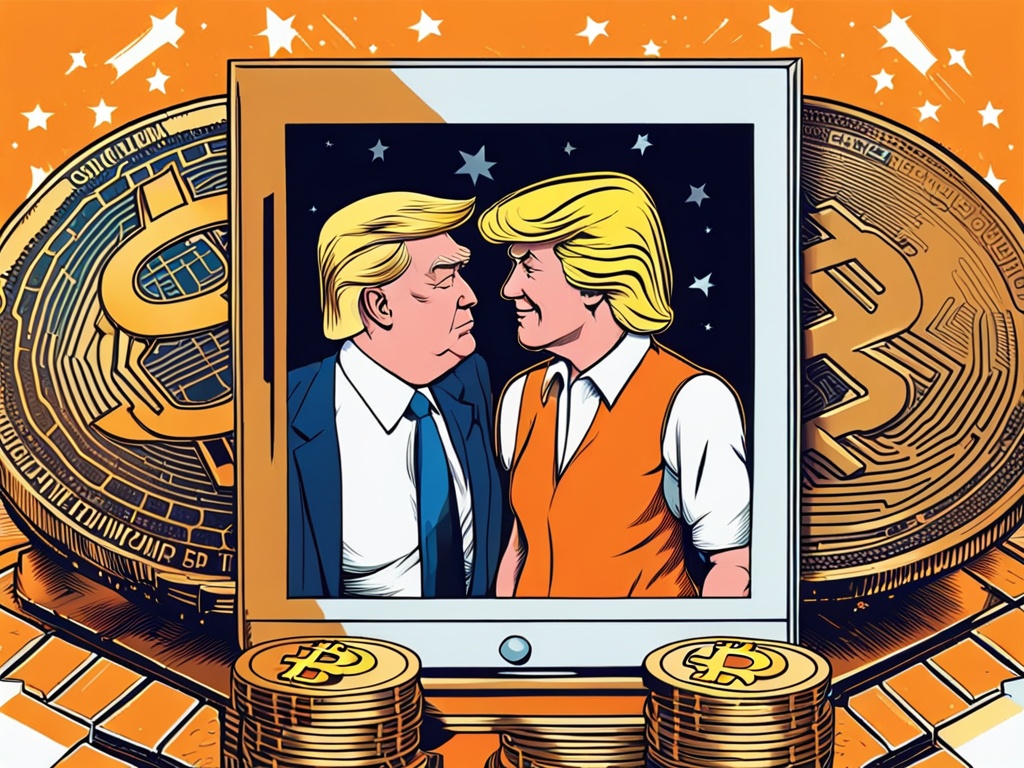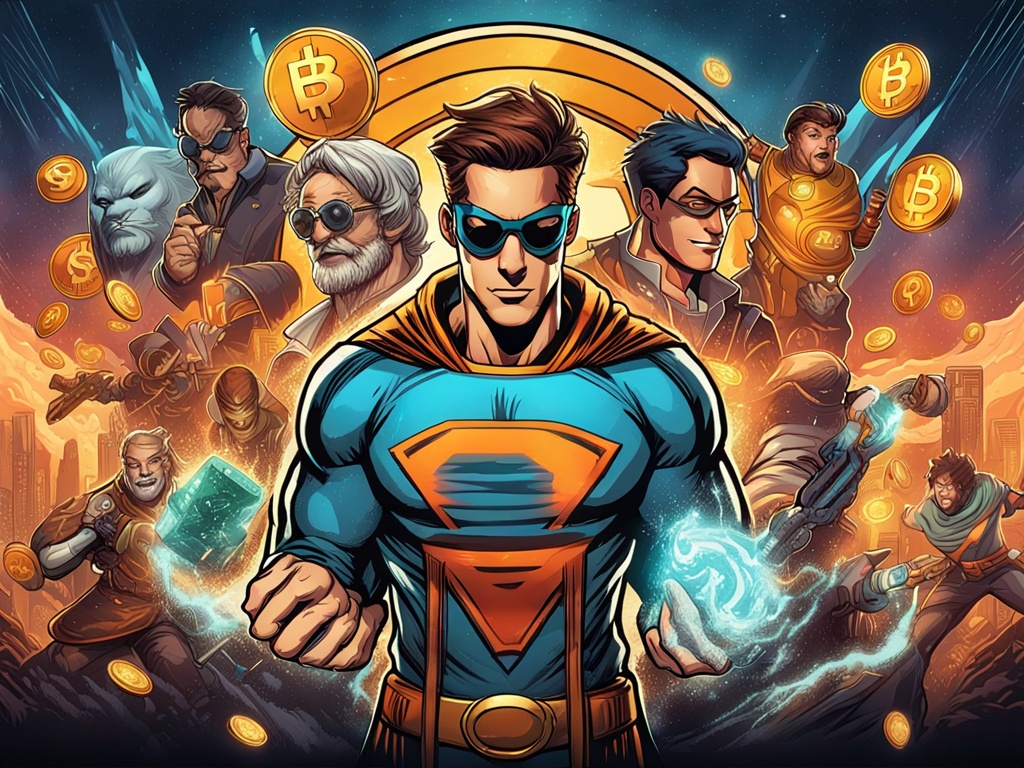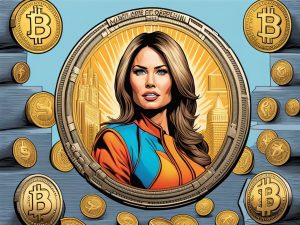Unpacking the Future of Blockchain Gaming: Challenges Ahead
Hey there! Let’s dive into a really exciting yet challenging topic—the world of blockchain gaming and what lies ahead as we look towards 2025. It’s crucial to understand this landscape, especially if you’re eyeing investment opportunities in the crypto market. You might have heard some buzz around Web3 and blockchain gaming lately, but it’s essential we unravel this together. There’s so much potential, but also quite a few hurdles that developers and investors alike will need to navigate.
Key Takeaways
- Player Experience Over Technology: The primary focus should be making games enjoyable, with blockchain as a supplementary feature.
- Overcoming Accessibility Issues: Simplifying onboarding processes to attract players from traditional gaming.
- AI’s Rise in Gaming: AI-driven applications (dApps) are starting to overshadow blockchain games, but they can also enhance blockchain gaming.
- Adapting Funding Models: As traditional investments dip, developers must rethink their approaches to financial sustainability.
- Emerging Technologies and Engagement: The integration of tools like VR, AR, and AI can create personalized gaming experiences.
Imagine you’re at a lively coffee shop, and we’re sitting down for a chat about our hopes and concerns for blockchain gaming. I’ll share some insights, and let’s see if we can both get a clearer picture!
The Game Must Come First
Let’s start with a fundamental truth that the industry experts agree on: players come to games for fun, not for blockchain or crypto complexities. Recently, Sam Patton—a seasoned player in this arena—shared an observation that struck a chord with me. He noted that many developers mistakenly overemphasize the blockchain elements of their games, forgetting that most gamers don’t particularly care about crypto. They want an engaging experience, solid gameplay, and a reason to keep coming back.
To put this in context, think back to your favorite childhood game. Remember the joy it brought you? If that game had a bunch of crypto jargon in the way, would you have enjoyed it as much? Probably not! So, making blockchain the star of the show can sometimes backfire.
Navigating Complexity
Another significant issue is the complexity associated with blockchain gaming. Traditional gaming platforms have a streamlined experience; you click a few buttons and—bam—you’re playing. Conversely, blockchain gaming requires you to juggle wallets, tokens, and a slew of unfamiliar concepts. According to a report from the Blockchain Game Alliance, a staggering 53.9% of respondents said onboarding and user experience are the primary challenges facing the industry.
I remember my first encounter with a crypto wallet; it felt like trying to learn a new language overnight! For a seasoned gamer, having to manage that burden on top of just wanting to have fun can be daunting. This sentiment rings true for many who tried to transition from conventional gaming to blockchain-based games.
Many developers are aware of this. Chris Zhu, another forward-thinking industry advocate, talked about how integrating gaming with social media platforms can enhance engagement. It’s like adding a sprinkle of sugar to a dish—you don’t want it to overpower the meal, but just enough to elevate the entire experience.
Bridging the Gap with Accessibility
Now, let’s switch gears. Imagine for a moment that you could slip into a gaming world just like you did with your very first platform. Kadan Stadelmann highlighted a vision where the experience of gaming with blockchain feels indistinguishable from traditional gaming. That could open doors for millions of potential players who might feel intimidated by the technology.
Developers are experimenting with free-to-play models and gasless transactions, easing a lot of those barriers to entry. I think about how back in the day, getting into gaming often meant finding a friend who already played, showing you the ropes of starting a new game. If only that friend had said, “Hey, no worries about setting up your account—just dive right in!” More creators should aim for this.
The Dawn of AI DApps
Now, let’s talk about a new player entering the game: AI-driven dApps. Recent statistics revealed that these applications are grabbing a significant slice of the action, accounting for 28% of the industry’s activity. While this might sound intimidating for blockchain games, it is essential to view AI as a complementary force rather than a rival.
Imagine enhancing a game where NPCs adapt to your style, making each interaction unique. Roman Cyganov revealed that integrating AI agents could provide players with personalized guidance. Sounds like the ultimate gaming sidekick, right? Think of AI as the magical “cheat code” that helps you navigate tricky parts without compromising the thrill.
Financial Landscape and Future Funding
Now, let’s address the elephant in the room: funding. The market fluctuated dramatically—venture capital that was once abundant has dwindled, leaving many developers scrambling. Patton summarized the landscape perfectly—there’s a pressing need for strategic development and fundraising approaches.
But here’s the silver lining: with the decline in traditional investment, innovative projects can shine brighter. It’s an opportunity for developers to pivot, focus on sustainable revenue models, and tell compelling brand stories. Who doesn’t love a good comeback story?
I once backed a startup that pivoted its business model after a significant market pullback. Instead of folding, they repurposed their resources to focus on a more niche market, and it turned out to be a game-changer for them. Likewise, blockchain gaming can grow through creativity and resilience amid financial dip.
Wrapping It Up
In conclusion, the future of blockchain gaming is indeed filled with obstacles but also great potential. The key lies in making gaming fun and accessible while embracing innovative technologies. What strategies will developers adopt to navigate these challenges, and will they succeed in transforming the perception of blockchain gaming into something more widely appreciated? As we head toward 2025, I’m curious about how this journey unfolds.
What are your thoughts on the direction of blockchain gaming? Are you more inclined to invest based on these insights? Feel free to share your take with me!
For more insights on blockchain gaming, check out these links:





 By
By
 By
By
 By
By
 By
By
 By
By
 By
By